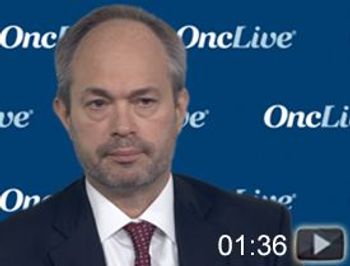
William G. Wierda, MD, PhD, discusses the use of CD19-targeted CAR T-cell therapy in the treatment of patients with chronic lymphocytic leukemia.

William G. Wierda, MD, PhD, discusses the use of CD19-targeted CAR T-cell therapy in the treatment of patients with chronic lymphocytic leukemia.
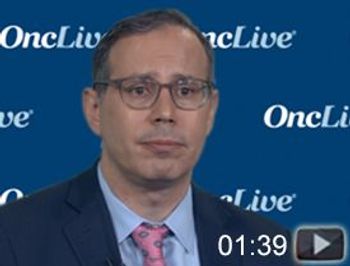
Anthony R. Mato, MD, MSCE, discusses where CAR T cell-therapy will fit into the treatment paradigm of chronic lymphocytic leukemia.
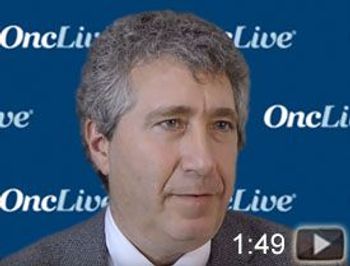
David E. Avigan, MD, professor of medicine, Harvard Medical School, and active staff, Hematology-Oncology, Beth Israel Deaconess Medical Center, discusses BCMA-targeted CAR T-cell therapy in multiple myeloma.
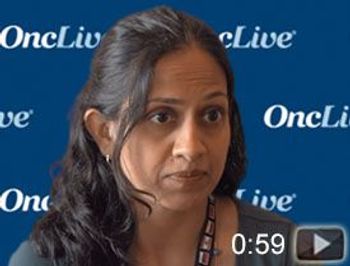
Nirali N. Shah, MD, MHSc, discusses the use of CAR T-cell therapy in pediatric patients with acute lymphocytic leukemia.
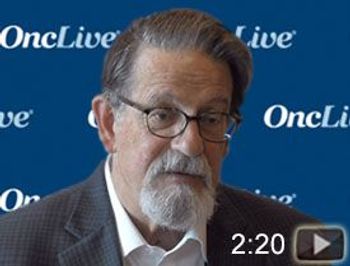
John F. DiPersio, MD, PhD, discusses the current state of CAR T-cell therapy, dual affinity re-targeting, bi-specific T-cell engagers, and antibody-drug conjugates for acute myeloid leukemia treatment.
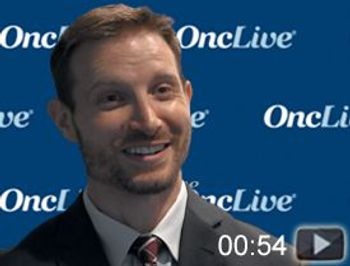
Joshua P. Sasine, MD, PhD, discusses the challenges in predicting a patient’s individual benefit with CAR T-cell therapy in hematologic malignancies.
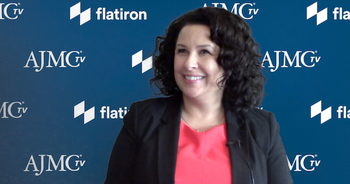
Nina Chavez, MBA, FACMPE, chief operating officer, New Mexico Oncology Hematology Consultants, Ltd., explains how expensive therapies like chimeric antigen receptor (CAR) T-cell therapy are creating reimbursement challenges.

This week, the top managed care news included Medicare cuts hospital payments over readmissions; a second-generation chimeric antigen receptor T-cell therapy shows promise; a diabetes drug is approved to prevent kidney failure for the first time.
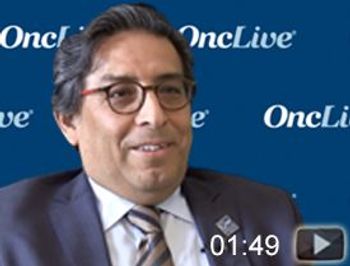
Eduardo Sotomayor, MD, professor of medicine, Department of Hematology and Oncology, and director, GW Cancer Center, discusses the durability of CAR T cells, as well as ways to combat immune escape mechanisms in hematologic malignancies.
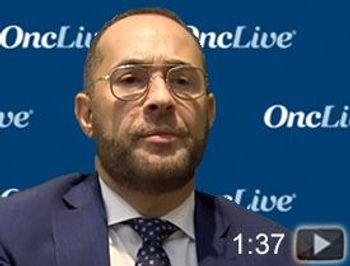
Raja Mudad, MD, FACP, discusses the RELAY trial and using doublet therapy to treat EGFR-mutant non–small cell lung cancer.
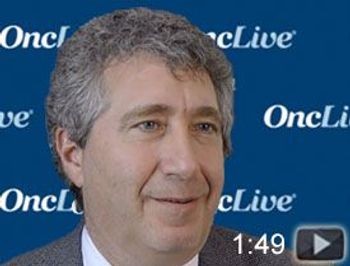
David E. Avigan, MD, discusses research surrounding CAR T-cell therapy in lymphoproliferative diseases.
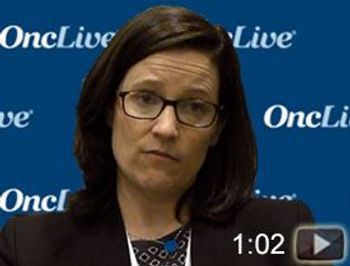
Noelle Frey, MD, MSCE, discusses the use of CAR T-cell therapy in acute lymphocytic leukemia.
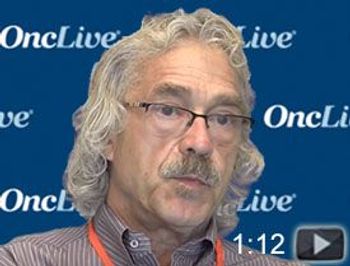
Wayne A. Marasco, MD, PhD, discusses ways CAR T cells are being engineered to avoid on-target adverse events in solid tumors.
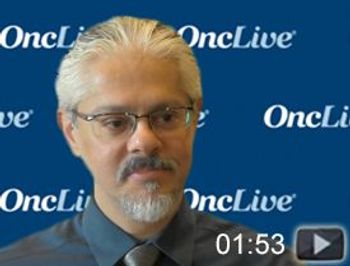
Bijal D. Shah, MD, associate professor, Department of Malignant Hematology, Moffitt Cancer Center, discusses the use of CAR T-cell therapy in patients with pediatric acute lymphoblastic leukemia (ALL).
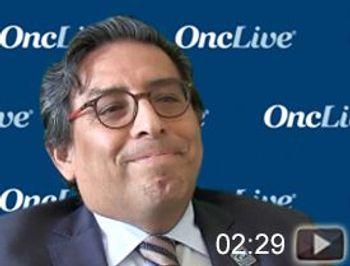
Eduardo Sotomayor, MD, professor of medicine, Department of Hematology and Oncology, and director, GW Cancer Center, discusses differences between FDA-approved CAR T-cell therapies.
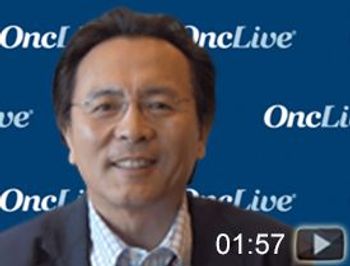
Michael Wang, MD, discusses CAR T-cell therapy and triple-resistance in mantle cell lymphoma.
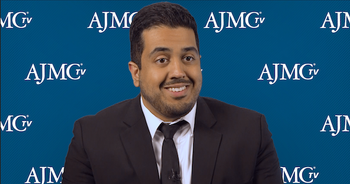
The only thing that should matter in these patients is their genetic code, but often it’s your zip code that really restrains your ability to access the healthcare you deserve, explained Ahmar Zaidi, MD, pediatric hematologist-oncologist, Comprehensive Sickle Cell Center, Children's Hospital of Michigan, when discussing the possibility of a gene therapy for sickle cell.
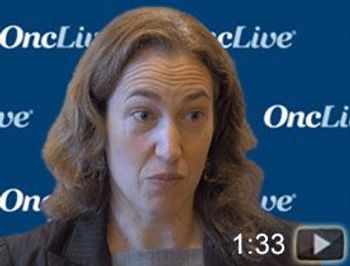
Bianca D. Santomasso, MD, PhD, discusses how she prevents central nervous system toxicity due to CAR T-cell therapy for aggressive B-cell lymphoma in her own practice.
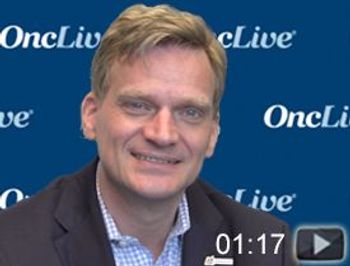
Hans Hammers, MD, PhD, associate professor of internal medicine, Division of Hematology-Oncology, UT Southwestern Medical Center, discusses the challenges with using CAR T-cell therapy in renal cell carcinoma.
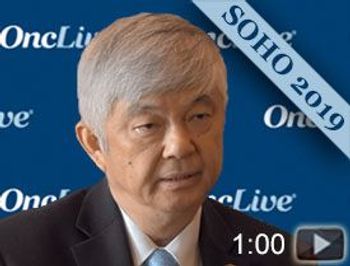
Ching-Hon Pui, MD, discusses the use of CAR T-cell therapy in patients with relapsed/refractory acute lymphocytic leukemia.
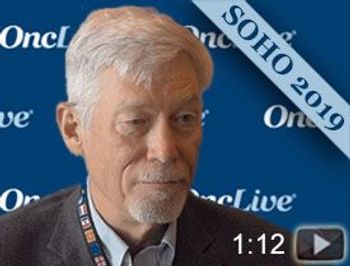
David G. Maloney, MD, PhD, discusses the initiative to use the Center for International Blood and Marrow Transplant Research Cellular Therapy Registry to report real world experience of tisagenlecleucel CAR T cells targeting CD19 in patients with acute lymphoblastic leukemia.
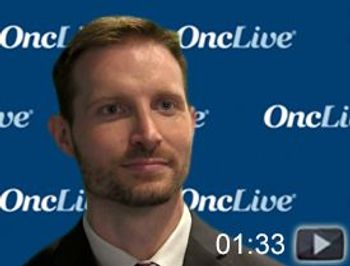
Joshua P. Sasine, MD, PhD, clinical instructor of medicine, hematologist, and oncologist, University of California, Los Angeles, discusses new developments with CAR T-cell therapy.
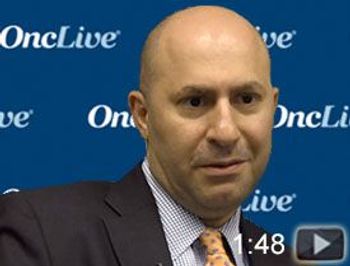
Toni Choueiri, MD, discusses what therapy to give patients with renal cell carcinoma after they have received a PD-1/PD-L1 blockade.
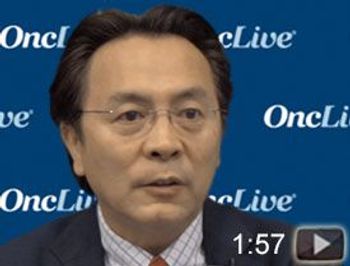
Michael Wang, MD, discusses resistance to CAR T-cell therapy and the next steps to overcoming this challenge in treatment for mantle cell lymphoma.
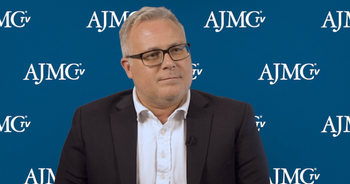
Neil Minkoff, MD, chief medical officer and vice president, EmpiraMed, discusses his hopes if the first gene therapy for sickle cell disease is approved and if he has any concerns with payer reactions.
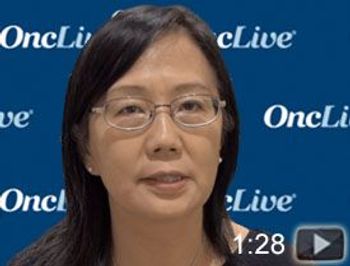
Xiuli Wang, PhD, discusses emerging CAR T-cell therapy in hematologic cancers.
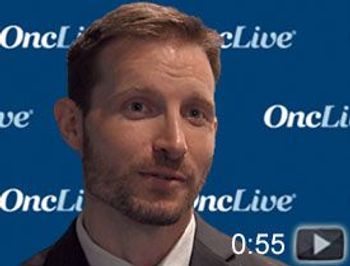
Joshua P. Sasine, MD, PhD, clinical instructor of medicine, University of California, Los Angeles, discusses how to determine if a patient will have a response to CAR T-cell therapy.

Neurology News Network for the week ending August 10, 2019.
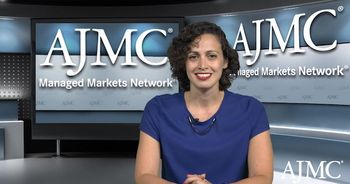
This week, the top managed care stories included CMS giving chimeric antigen receptor T-cell payments a boost; a US task force announcing that those at risk for pancreatic cancer should be screened; FDA revealing Novartis withheld data about a high-cost gene therapy.
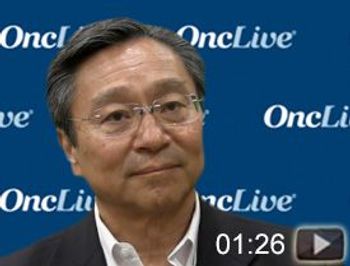
Nelson Jen An Chao, MD, professor of medicine, Donald D. and Elizabeth G. Cooke Cancer Research Professor, chief, Division of Cell Therapy in the Department of Medicine, Duke Cancer Institute, discusses minimal residual disease (MRD) in acute lymphoblastic leukemia (ALL).